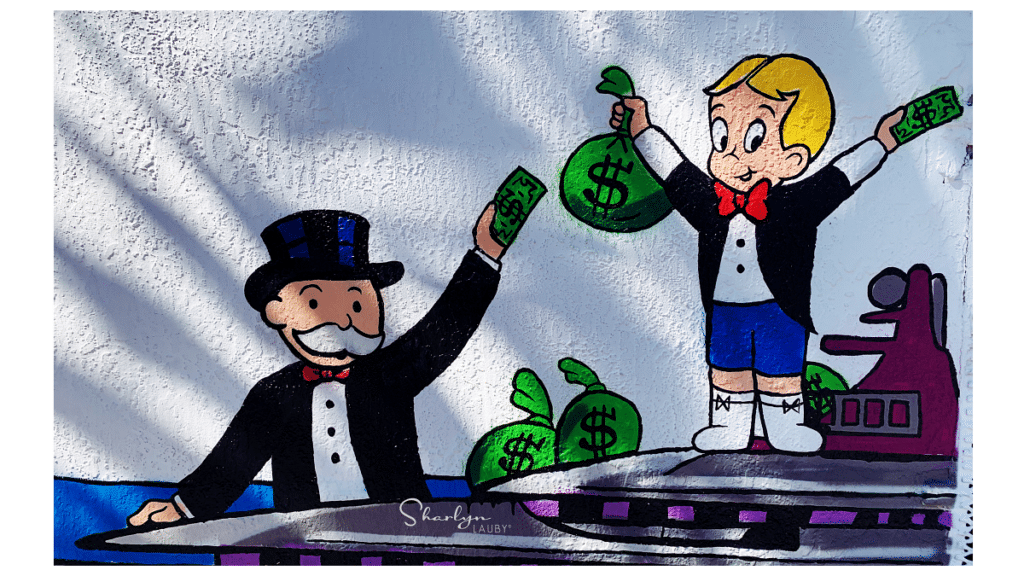Work is Not Like Family – HR Bartender
Estimated reading time: 3 minutes
I ran across an article recently on The Atlantic titled “The Dark Side of Saying Work is ‘Like a Family’”. It’s worth a read.
I totally understand why organizations want to say that the work environment is like family. They want to convey a picture that the work environment is like some nostalgic painting where everyone is smiling and happy. They’re trying to use the word family as a way to convey support and caring.
I don’t have to explain – but let me say it anyway – that not everyone views family the same way.
Organizations that want to have a family-like culture might want to think about what exactly “family” means. And let me add, look at what the company offers to make sure that the employee value proposition (EVP) aligns with it. Here are some examples:
Support: Often when organizations say they’re “like family”, they mention support. And that’s great. Candidates and employees want to know that the organization will support them. Be prepared to share what support looks like – flexible work schedules? hybrid or remote work? Organizations should have policies that demonstrate they’re supportive of employee’s lives.
Interest: Many organizations will mention that they’re genuinely interested in the lives of their employees as part of the family environment. I could see this translating into new hire buddy programs, regular one-on-one meetings with managers, town hall meetings with senior leadership, and mentoring programs. It also means that the organization should have robust career development programs to demonstrate their interest in an employee’s future.
Celebrations and traditions: I believe that one of the reasons the organizations say that work is like family is because of special occasions. People get together and have a good time, even if there’s a little tension. If organizations are going to say that – then be prepared to back it up with team building and development. Have a formal employee recognition program that employees actually want.
My point is this – instead of saying that “work is like family” and hoping that the candidate or employee knows exactly what that means, organizations should say exactly what they mean. You can let people know that “the company culture is supportive. That we’re interested in you as a person and your career goals. We want to celebrate our professional successes together.” And don’t be afraid to show it with family-friendly benefits, flexible policies, and career development.
I do believe there might have been a time when candidates and employees wanted to work at companies where the employment brand portrayed “family”. I’m not sure that’s the case today. But that doesn’t mean that organizations have to change who they are. My guess is if they really looked at their definition of family, the company already has a great message to send.
Image captured by Sharlyn Lauby while at the Wynwood Art District in Miami, FL
39